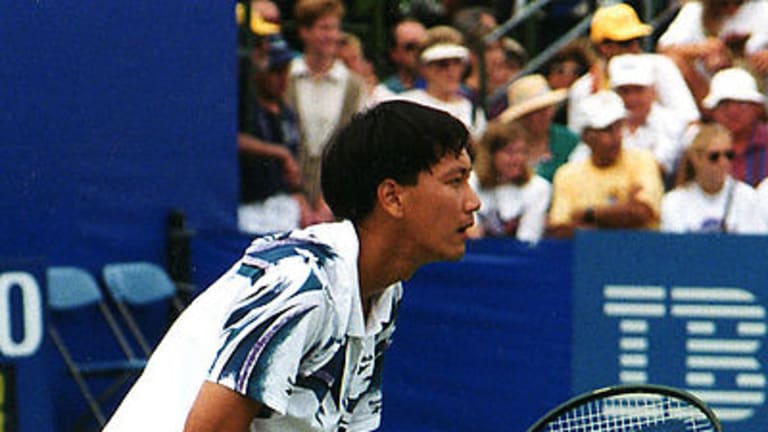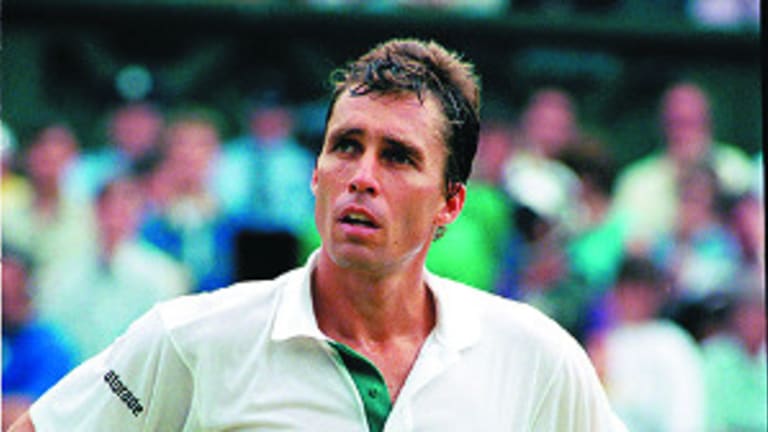This year marks the 50th anniversary of TENNIS Magazine's founding in 1965. To commemorate the occasion, we'll look back each Thursday at one of the 50 moments that have defined the last half-century in our sport.
Night after night, Betty Chang and her 17-year-old son Michael would turn on the news in their hotel room in Paris. Along with the rest of the world, they stared anxiously as a political protest that had convulsed the Changs’ ancestral Chinese homeland for seven weeks wound to its brutal and inevitable conclusion in Beijing’s Tiananmen Square.
“We were glued to the TV,” Chang told TENNIS Magazine 20 years later. “The tanks came in on the middle Sunday.”
The tournament was the 1989 French Open, and its middle Sunday fell on June 4th. That was the day China’s government cleared Beijing’s most famous public square of thousands of students who had set up camp to demand democratic reforms. The official death toll, after the army rolled in under cover of night, was put at 300, but may have been in the thousands. In China, the event would become known, in Orwellian fashion, as “The June 4th Incident.”
“It made fighting to win a tennis match seem like peanuts,” Chang said. “By the time the next week was over, my goal was to put a few smiles on the faces of Chinese people around the world.”
The following day, June 5, the world was given the most lasting image of the Tiananmen protests. Rather than putting smiles on faces, it made jaws drop. An unidentified man in civilian clothes, widely called “The Unknown Rebel,” was videotaped single-handedly bringing a formation of tanks to a halt at an intersection near the square.

